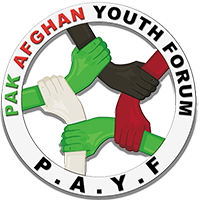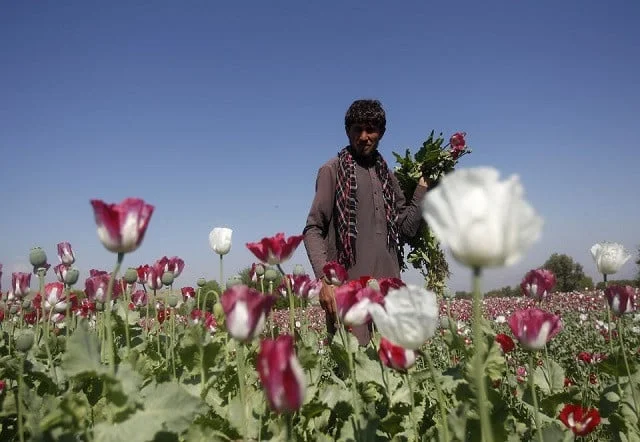Police said on Sunday that they had arrested more than 100 people for growing poppy in northeastern Afghanistan. This area had previously resisted the IEA government’s ban on the crop.
The IEA authorities banned poppy production in 2022 across Afghanistan. The ban came on the orders of its Supreme Leader, Hibatullah Akhundzada. At the time, Afghanistan was the world’s top-producing country.
“During an operation today, the forces of the department arrested more than a 100 people, including residents of various villages… while cultivating poppy,” Shafiqullah Hafizi, the director of the police’s counter-narcotics department in the province of Badakhshan.
“These people were introduced to the primary court of Badakhshan province along with their files so that a legal trial could be held against them.”
The ban sparked a 95 percent drop in poppy harvests in 2023. However, it hit farmers hard financially. They have not been able to reap the same profits from alternative crops.
Also See: Afghanistan poppy cultivation grows 19 percent despite ban: UN
Rise in Poppy Production
In November, the United Nations Office on Drugs and Crime (UNODC) however reported a rise of 19 percent in production year-on-year.
It caused a shift in the centre of poppy cultivation in the country, from the southern strongholds of the IEA authorities to northeastern provinces, including Badakhshan.
IEA authorities, which have intensified a crackdown on production, in May faced a rare uprising in villages in Badakhsan province.
Clashes between farmers and brigades sent to destroy their poppy fields resulted in several deaths in the province.
Up to 80 percent of the population depends on agriculture in Afghanistan, one of the poorest countries in the world.
“The high prices and dwindling opium stocks may encourage farmers to flout the ban, particularly in areas outside of traditional cultivation centres, including neighbouring countries,” the UNODC said in its November report.
The UNODC and the UN Assistance Mission in Afghanistan (UNAMA) called for international support for farmers. They urged support to help farmers transition to alternative crops and livelihoods. The IEA government has also requested this assistance.
Following the poppy ban, the price of the resin used to make opium and heroin soared, but it has since stabilized at around $730 per kilogram (two pounds), compared to about $100 per kilo before 2022, according to the UNODC.
Myanmar, racked by conflict between the military and various armed groups opposed to its rule, is now the world’s largest producer of opium.
This news is sourced from [The Express Tribune] and is for informational purposes only



